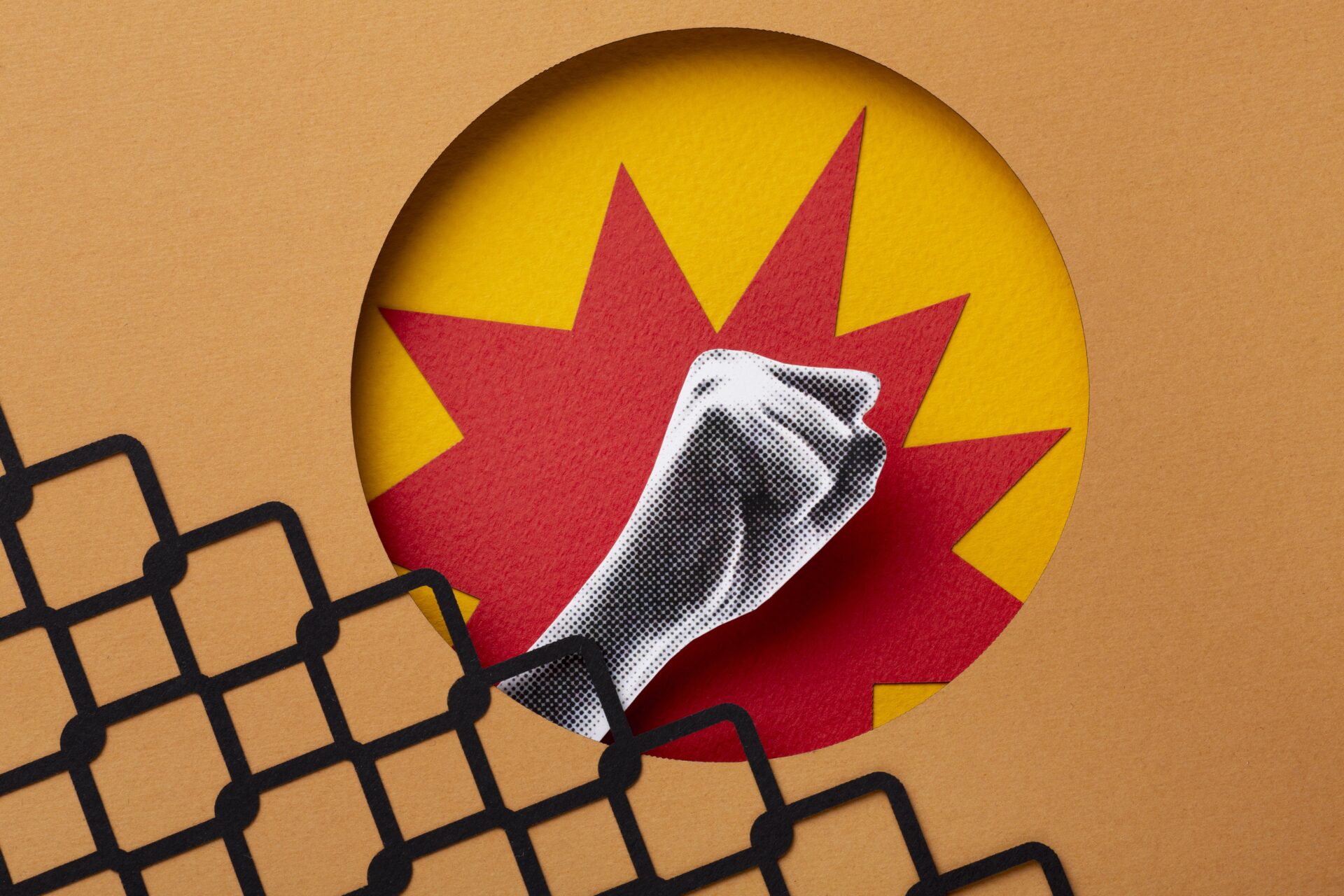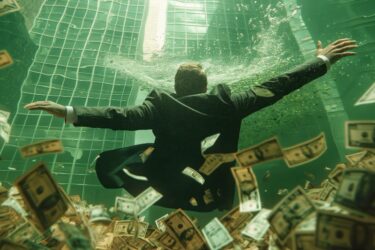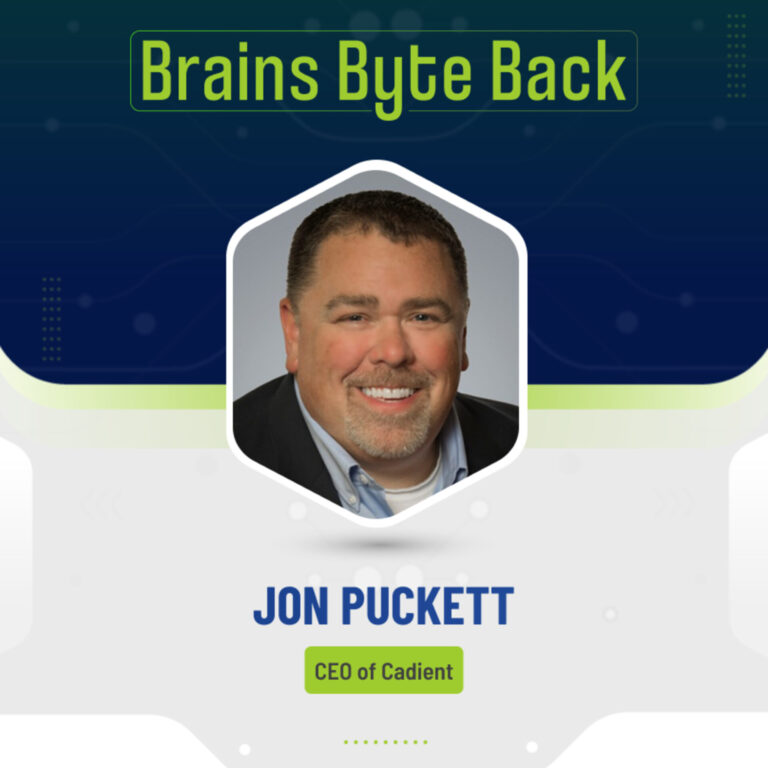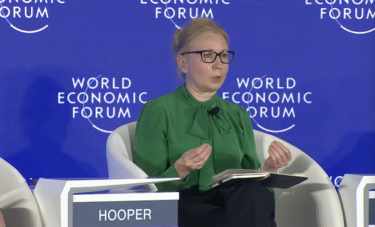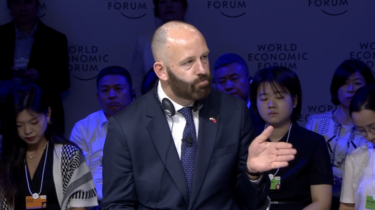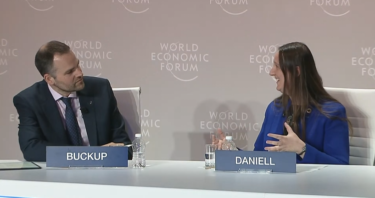The circular economy’s Product as a Service business model risks creating a neofeudalistic, technocratic serfdom out of the ashes of the middle class: perspective
In the name of saving the planet for all humanity, proponents of the circular economy claim it will lead to more durable and sustainable materials, increased recycling, and lowered carbon emissions.
Sounds great, right?
However, circular economy business models risk creating a neofeudalistic, technocratic serfdom out of the ashes of the middle class, who like peasants and serfs, wouldn’t be able to buy things like houses, cars, and appliances, but rather lease them from their futuristic lords and vassals who would digitally track and trace every product they provided as a service.
If the architects of the great reset are permitted to have their way, owning things will become a thing of the past for you and I but not for them, thanks to circular economy business models.
Launched at this year’s World Economic Forum (WEF) in Davos, The Circularity Gap Report 2023 states:
“By moving away from ownership and accumulation and towards models of access that distribute resources more equally, we can move towards a system that provides high-quality services to all“
The Circularity Gap Report 2023
If you read between the lines in the above quote, “moving away from ownership and accumulation” applies to you and I while “we” refers to the globalists, corporatists, and technocrats who back this idea.
These people hail from NGOs and think tanks like the WEF and Chatham House, along with members of the European Commission, the United Nations, big corporations, activist groups, central banks, and investment firms, among many other powerful public-private entities.
They are the ones who will own everything and have all the power while “You’ll own nothing and be happy” thanks in large-part to circular economy business models.
According to the WEF, the Product as a Service circular economy business model is one where “the customer purchases a service for a limited time while the provider maintains ownership of the product and remains incentivized for the product’s ongoing maintenance, durability, upgrade, and treatment at the end of its use.”
“In circular economy business models, I would like products to come back to me as the original designer and manufacturer, and once you get your head around that notion, why would I actually sell you the product if you are primarily interested in the benefit of the product?
Royal Philips Electronics CEO Frans Van Houten, WEF, 2016
“Maybe I can stay the owner of the product and just sell you the benefit as a service”
In simpler terms, everything we used to buy, own, and have a vested interest in upkeeping will no longer be ours; it will belong to corporations and possibly governments.
You and I will only be able to access “products” via a subscription or rental agreement.
To achieve this goal, the Circularity Gap Report 2023 says that business leaders should “Move towards service-based business models that deliver all the essential services that customers want.”
Additionally, they should “Manage the flow of goods and materials with circular production processes such as remanufacturing, repurposing and repairing.”
For governments, the authors recommend leveraging taxes on raw materials and carbon, which can be interpreted as either incentivization or coercion — you make the call.
The authors tell us that a transition towards a circular economy starts with you and I modifying our behaviors and lifestyles. For example, they say we should:
- “Embrace car-free lifestyles and roads.”
- “Swap car purchases for bikes and ride-sharing initiatives—especially in urban areas.“
- “Rethink air travel.”
- “Minimize personal air travel, especially in regions with the most demand for long-haul air travel, such as North America, Europe and Asia.“
In fact, the unelected globalists at the WEF are looking to reduce private car ownership in urban areas by “adopting a shared, electric, connected and automated (SEAM) approach to urban mobility by 2050,” according to a recent report.
But if you and I are supposed to be owning less and renting from our omnipotent ownership overlords, how will they keep track of their products they lease to us, so as to once again take possession of them?
The answer is found in track and trace technologies that are used on cattle, pets, and people under house arrest.
The Circularity Gap report says that businesses should:
“Leverage digital technologies to enable Product-as-a-Service (PaaS) such as TagItSmart, which has developed smart tags that allow manufacturers, consumers and recyclers to track every step of a product’s lifecycle, and provides information on how to ensure circularity”
The Circularity Gap Report 2023
“Traceability can also help to monitor the lifecycle of a product with a view to reducing fraud and theft or to assessing its contribution to a global circular economy”
The Promise of TradeTech, WEF & WTO, 2022
The notion of putting “smart tags” into every product was glorified in a report by the geniuses at the WEF and the World Trade Organization (WTO) calling for “global digital identity of persons and objects.”
Digital identity for people, according to the WEF, “determines what products, services and information we can access – or, conversely, what is closed off to us.”
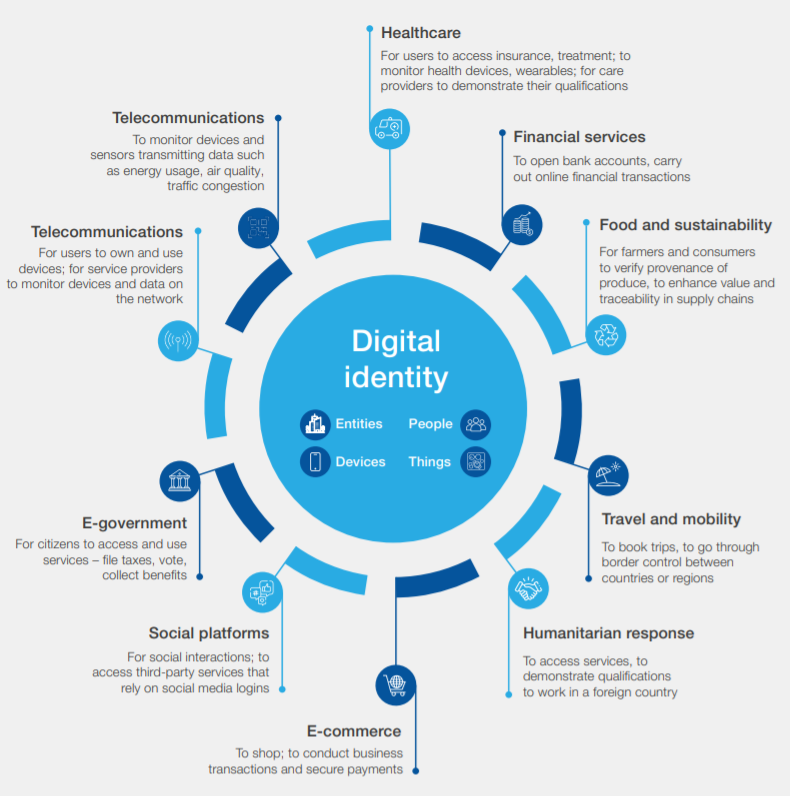
Digital identity for objects includes everything from electric vehicle battery passports to clothing embedded with flexible sensors, home appliances equipped with IoT capabilities, and just about everything else under the sun — all of which won’t be owned by you or I — and will be fully traceable.
WEF founder Klaus Schwab wrote about this type of traceability in his 2017 book “The Fourth Industrial Revolution.”
There, Schwab wrote:
“Any package, pallet or container can now be equipped with a sensor, transmitter or radio frequency identification (RFID) tag that allows a company to track where it is as it moves through the supply chain—how it is performing, how it is being used, and so on.”
The Fourth Industrial Revolution, Klaus Schwab, 2017
“In the near future, similar monitoring systems will also be applied to the movement and tracking of people.”
The Circularity Gap Report 2023 acknowledges, “There is currently enough wealth and materials in the world to provide a good quality of life to every single human being on this planet.”
However, “The challenge is ensuring that we can distribute the access to materials to an increasingly expanding group of people, requiring redistribution, different lifestyles, better technologies and social innovations.”
When Klaus Schwab talked about the world needing to revamp “all aspects of our societies and economies,” he specifically declared, “We need a great reset of capitalism.”
The circular economy, with its “you’ll own nothing” Product as a Service business model, would definitely facilitate a great reset over society and the economy.
“This also made the breakthrough of the circular economy easier. When products are turned into services, no one has an interest in things with a short life span.”
“Welcome To 2030: I Own Nothing, Have No Privacy And Life Has Never Been Better,” WEF Young Global Leader & Danish MP Ida Auken, 2016
Remember the WEF’s infamous “8 Predictions for the World in 2030?” It’s the one with the video that said “You’ll own nothing. And You’ll be happy.”
That prediction was based on an essay written by WEF Young Global Leader and Danish MP Ida Auken titled, “Welcome To 2030: I Own Nothing, Have No Privacy And Life Has Never Been Better.”
In that essay, Auken specifically linked the circular economy and Product as a Service with owning nothing and having no privacy.
But of course, “own nothing, be happy” is all just part of a disinformation campaign, which “started life as a screenshot, culled from the internet by an anonymous anti-Semitic account on the image board 4chan,” according to ex-WEF managing director Adrian Monck.
He even linked to one of my articles on the circular economy [see below], referring to me as a “bad faith actor” for targeting “the Forum’s coverage of the circular economy […] decrying it as a ‘top-down agenda’ coming from ‘unelected globalists looking to reshape the world in their image’.“
For this, I am greatly humbled.
Image by Freepik



